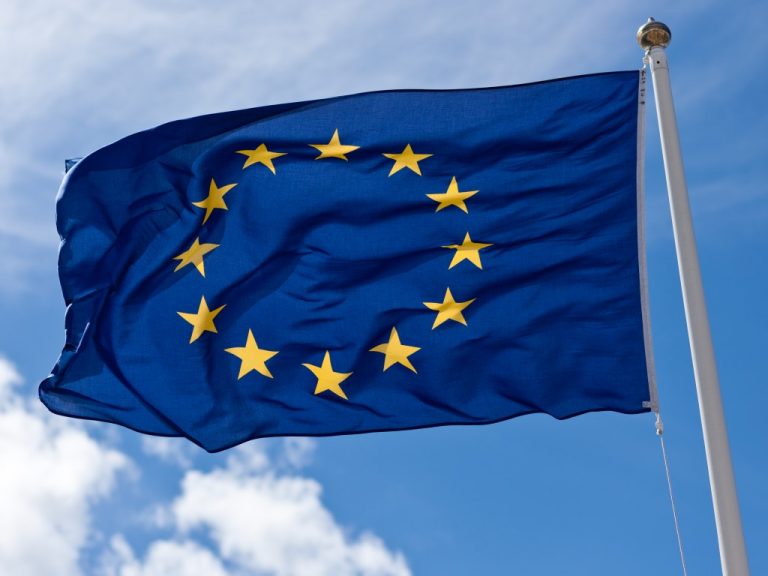The European Commission has initiated a formal investigation into Microsoft to determine if it breached EU competition rules by linking its communication and collaboration tool, Teams, to its popular Office 365 and Microsoft 365 suites for businesses.
Last month, European Commission filed an antitrust complaint against Google’s ad business.
Teams, a cloud-based communication and collaboration platform, offers features like messaging, calling, video meetings, and file sharing, along with integration with Microsoft and third-party workplace tools.
The COVID-19 pandemic accelerated the adoption of remote work and cloud-based software for communication and collaboration. However, the Commission is concerned that Microsoft’s practice of including Teams in its widely-used productivity suites might hinder competition in the European Economic Area (EEA).
The investigation focuses on whether Microsoft’s actions, such as not allowing customers to exclude Teams from their subscription and limiting interoperability with rival offerings, may constitute anti-competitive tying or bundling. Such practices could negatively impact customers in the EEA.
If found guilty, Microsoft may have violated Article 102 of the Treaty on the Functioning of the European Union (TFEU), which prohibits abusing a dominant market position.
Background
The Commission will prioritize the investigation, but its outcome remains uncertain. The case originated when Slack Technologies, Inc. filed a complaint against Microsoft on July 14, 2020, alleging the unlawful tying of Teams to its dominant productivity suites.
The investigation falls under the Antitrust Regulation (Council Regulation No 1/2003), allowing EU national competition authorities to apply EU competition rules. However, the Commission’s involvement supersedes national authorities in this case.
Microsoft and the Member States’ competition authorities have been informed about the investigation, and there is no specific deadline for its conclusion. The duration will depend on various factors, including the case’s complexity and cooperation from involved parties.
For more information, visit the Commission’s competition website using the case number AT.40721.
Update
Microsoft has reached out to us with the following response:
“We respect the European Commission’s work on this case and take our own responsibilities very seriously. We will continue to cooperate with the Commission and remain committed to finding solutions that will address its concerns.” – A Microsoft spokesperson
via WSJ


